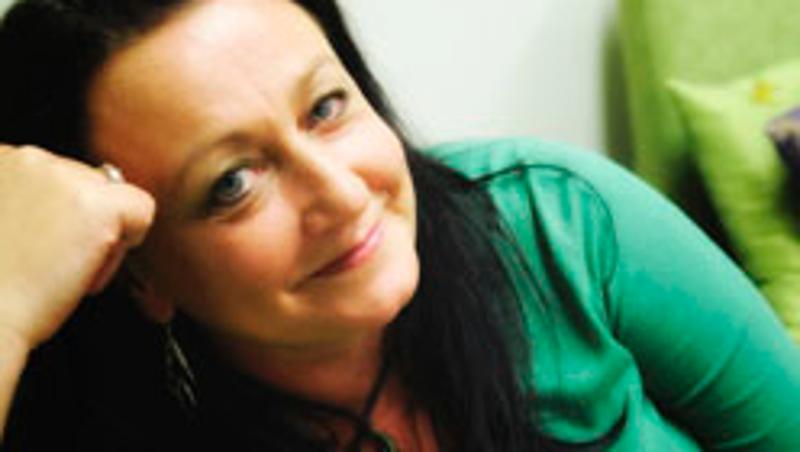
At least one-quarter of people affected by Australia's natural disasters at the start of this year will be experiencing "post-traumatic growth", according to Queensland University of Technology (QUT) trauma expert Dr Jane Shakespeare-Finch. This might take the form of a new outlook on life, a career change, or - quite commonly - changes in relationships with others.
"Post-traumatic growth is the term used for when people experience positive changes in various dimensions of their life following the struggle to comes to terms with a traumatic experience," said Dr Shakespeare-Finch, from QUT's School of Psychology and Counselling.
"Post-traumatic growth doesn't deny that there are ongoing stresses for people, and that some days are better than others. It doesn't mean you forget the pain you endured.
"However, a lot of people find inner-strength or coping mechanisms that they didn't know they had.
"Others re-prioritise their lives following a traumatic experience, and they may use it as a catalyst for a career or relationship change.
"For other people post-traumatic growth might include a renewed desire to be compassionate to other people," she said.
Dr Shakespeare-Finch gave the example of a farmer in Victoria she met after the Black Saturday bushfires. He had had a frosty relationship with his neighbour prior to the event, however they got along extremely well afterwards.
"Post-traumatic growth is not an automatic by-product of a disaster, so there's nothing wrong with you if doesn't happen for you," she said.
"And plenty of people who did not experience this sort of growth will nevertheless have shown great resilience during and after the disasters."
While it was natural for many people to have experienced difficulties immediately after the natural disasters, Dr Shakespeare-Finch said that anyone who felt that emotions and thoughts were continuing to impact on their life in a negative way might now want to approach a loved one, or a professional, for help.
"The vast majority of the population would have returned to a pre-flood level of functioning. However, between 1 and 5 per cent of the population may have some ongoing mental health issues," she said.
"The people most likely to know whether you're all right are the people around you. It's important we feel we have permission to say to people, 'I'm a bit concerned about you'.
"Now is also a time to make sure we keep a close eye on our kids as well. In the longer term, sometimes children experience 'somatisation' - their body displaying symptoms like nausea or headaches in the absence of a physiological reason for that. This might be the manifestation of trauma, especially if a child hasn't been able to adequately express his or her feelings."
Media contact: Michaela Ryan, QUT media officer, 07 3138 4494 or michaela.ryan@qut.edu.au
**High resolution photo of Dr Jane Shakespeare-Finch is available for media use


